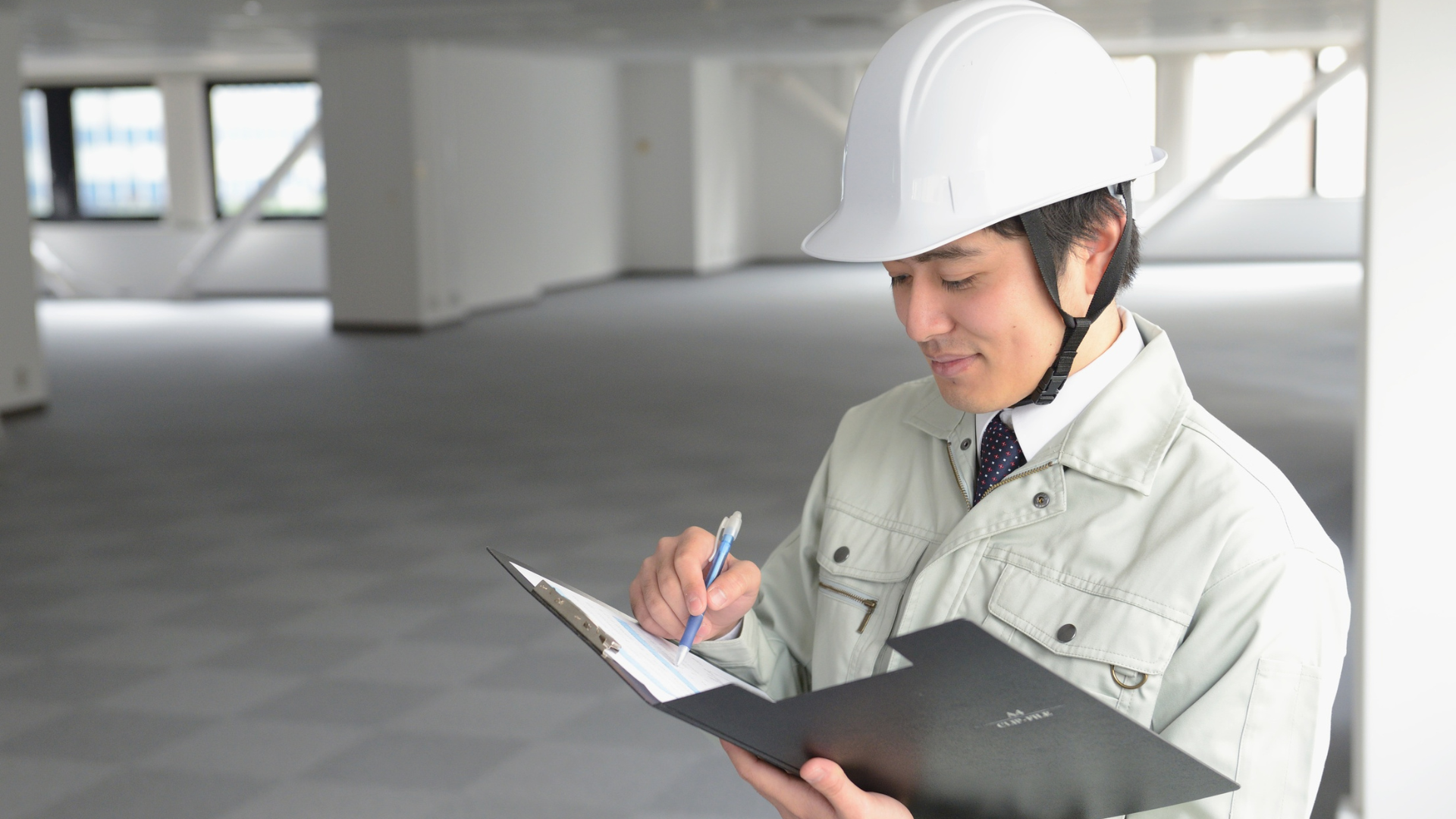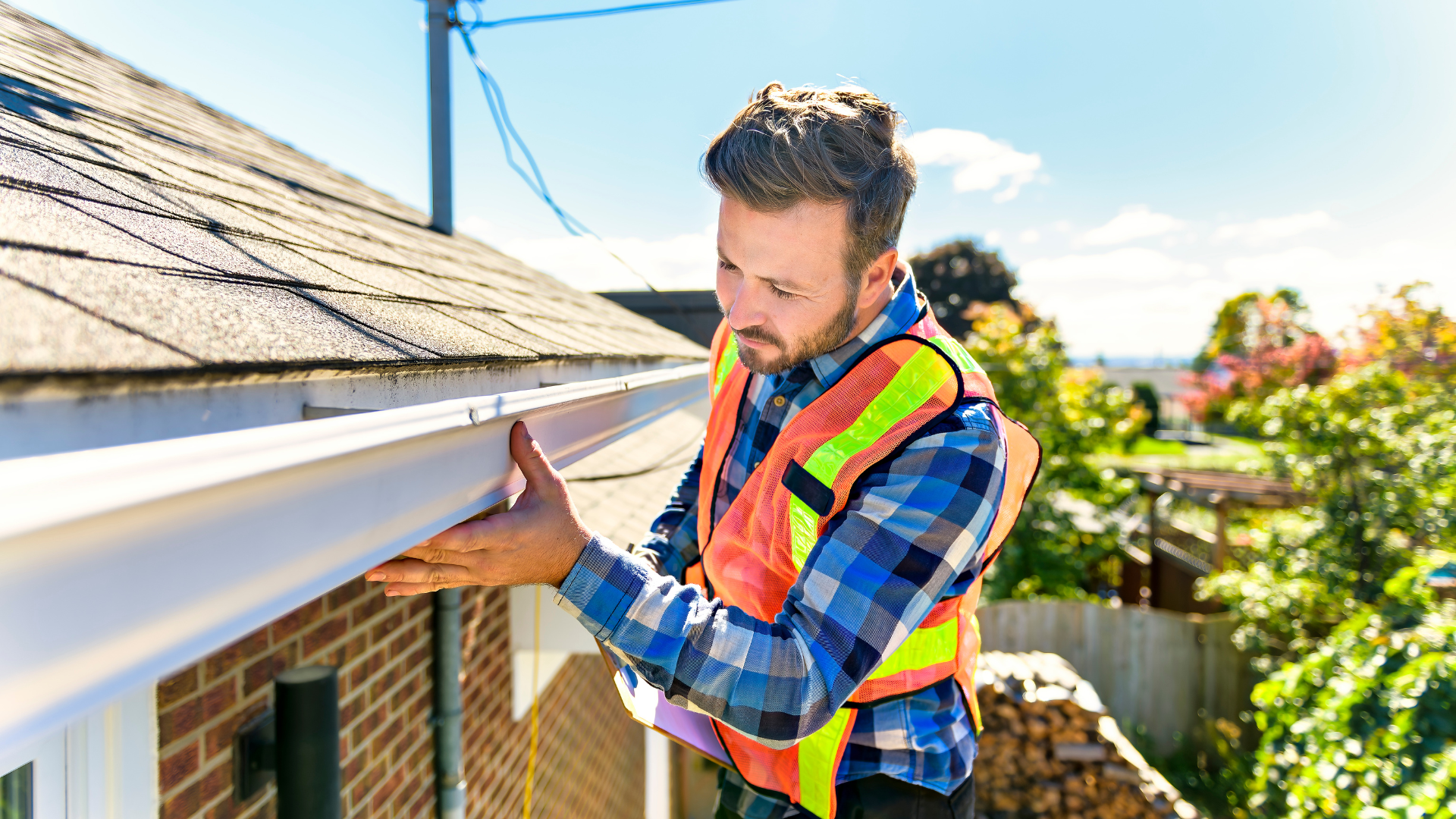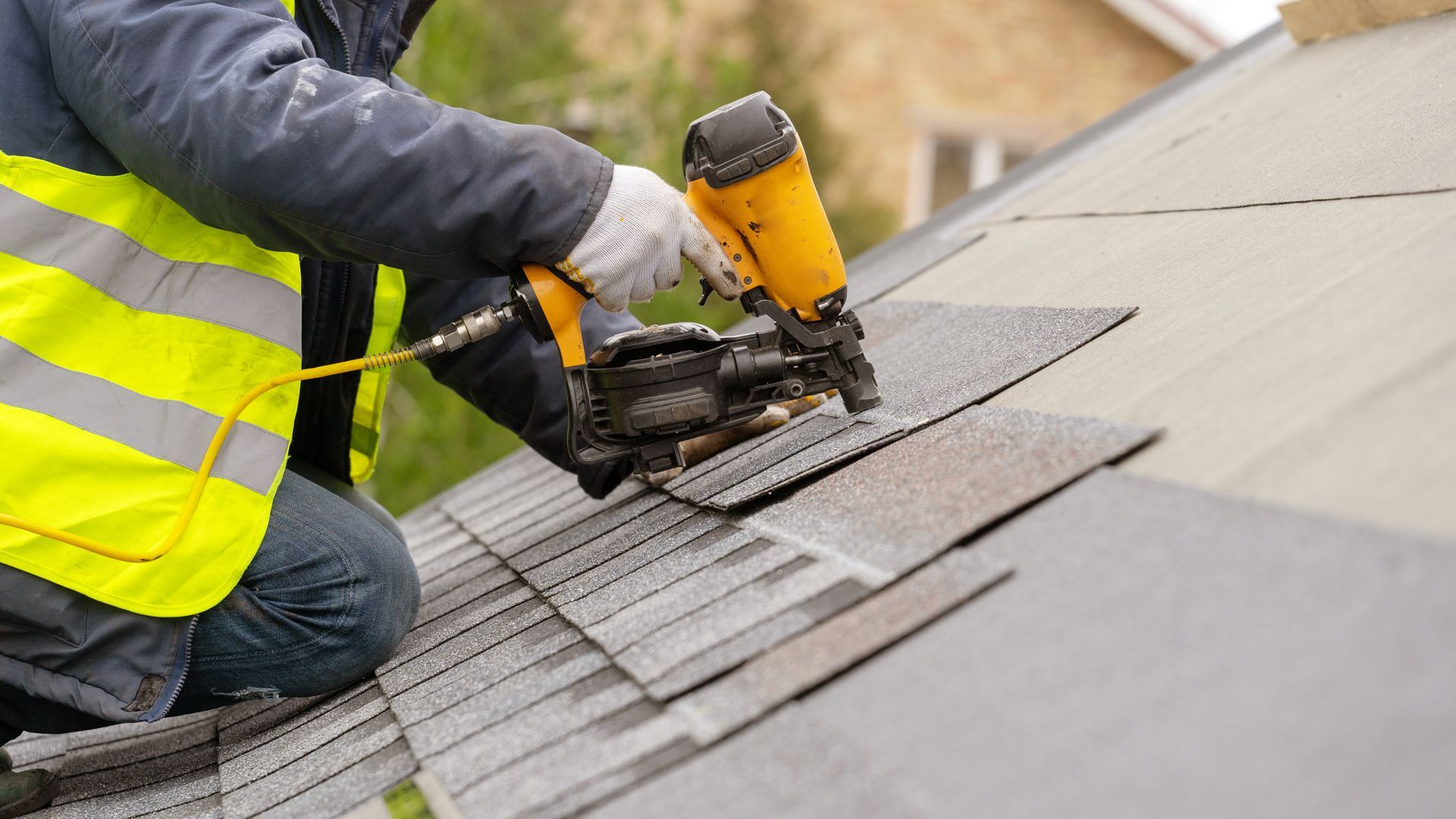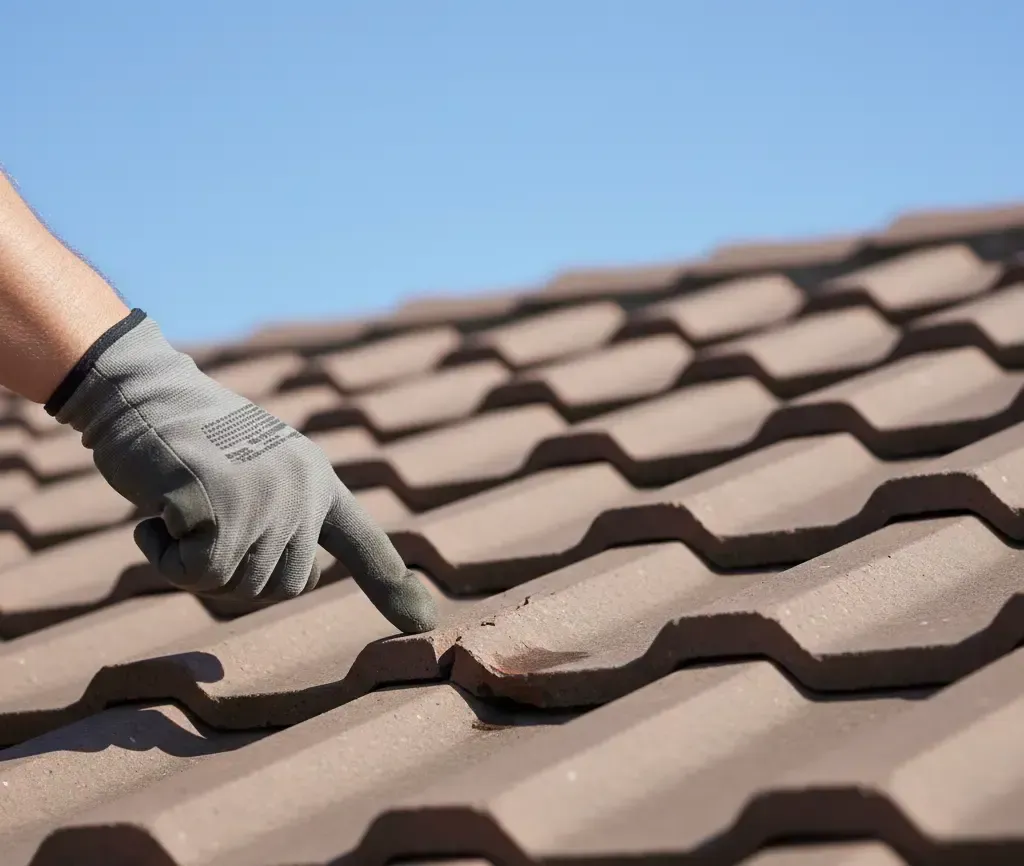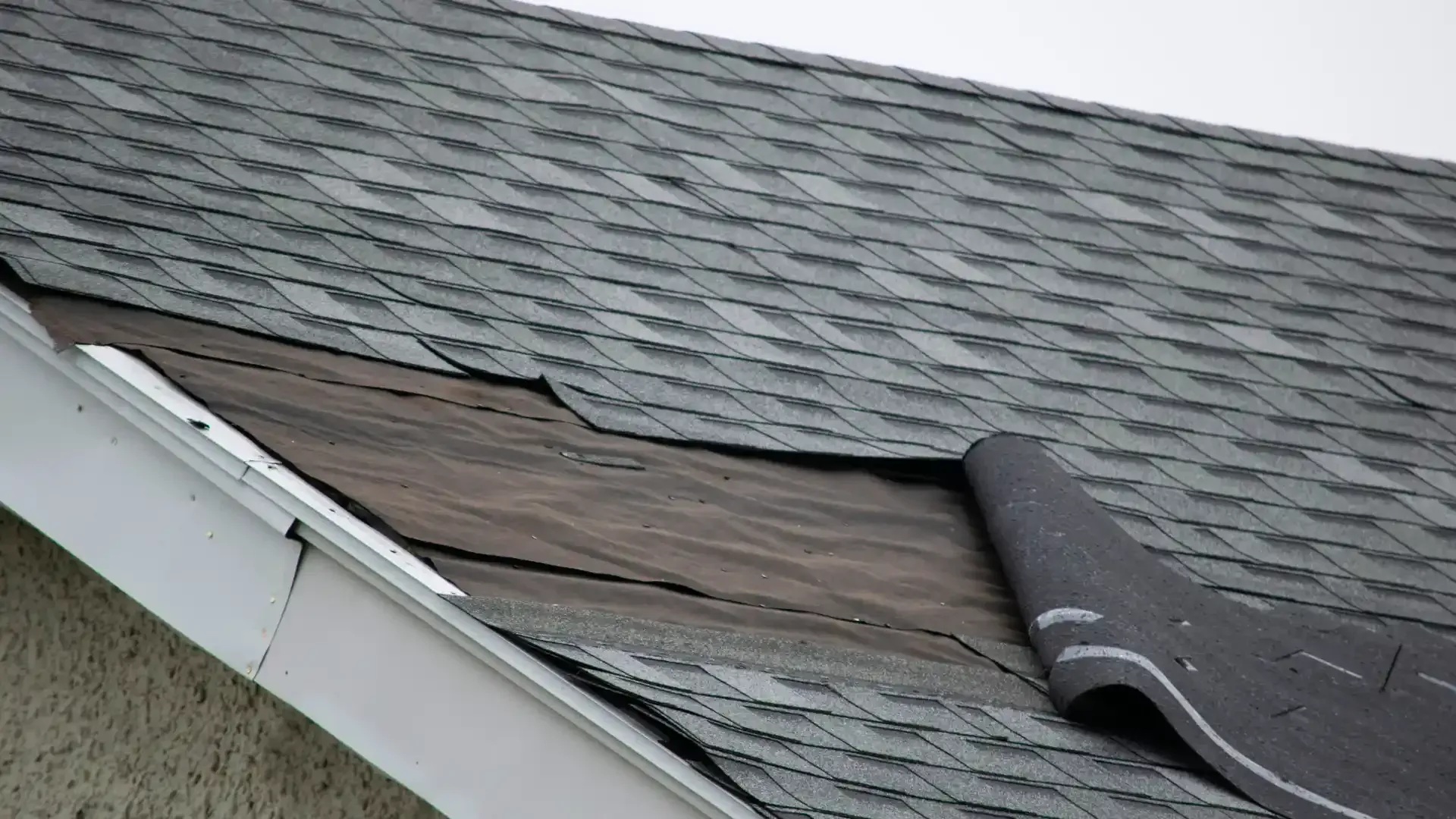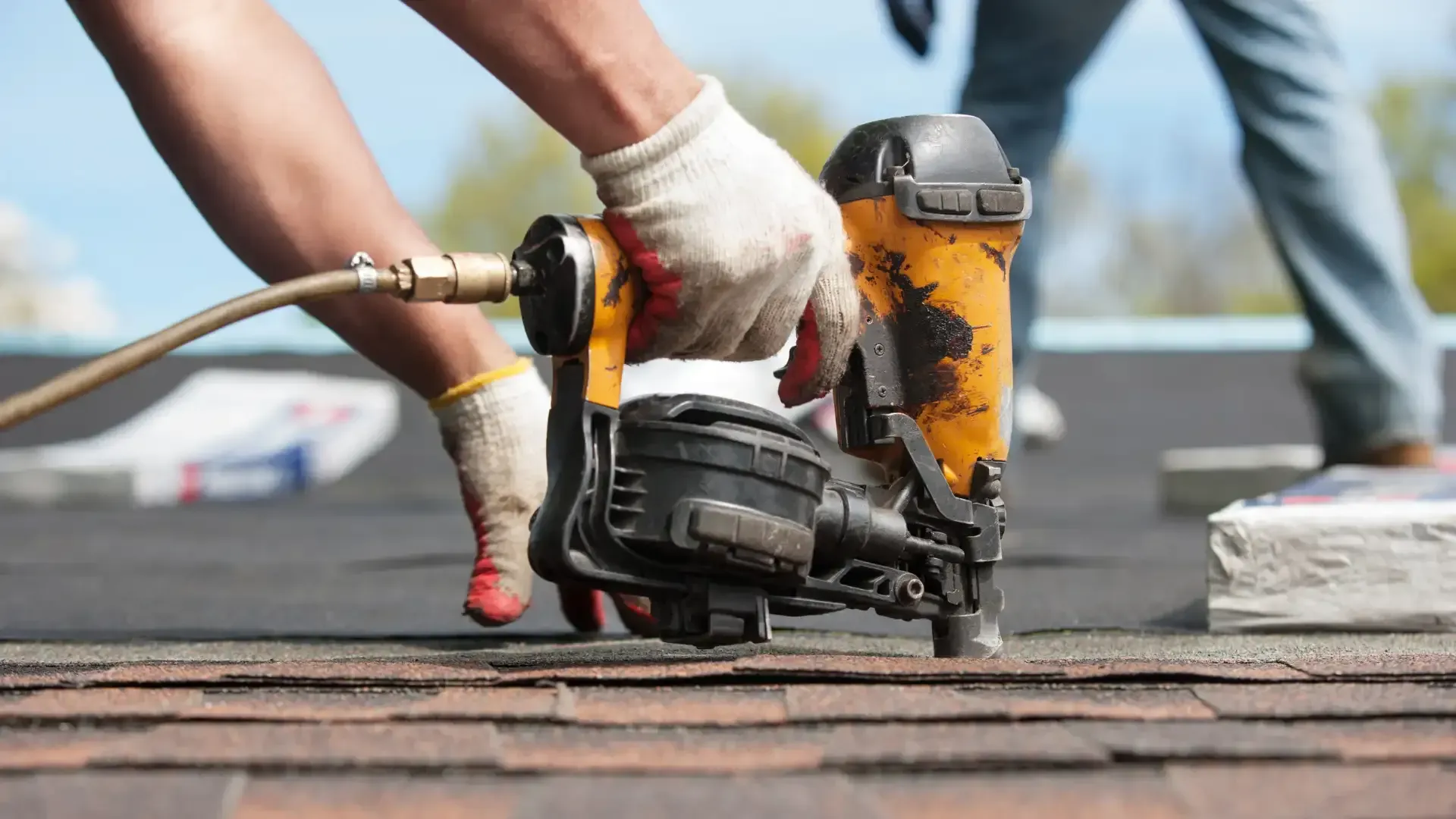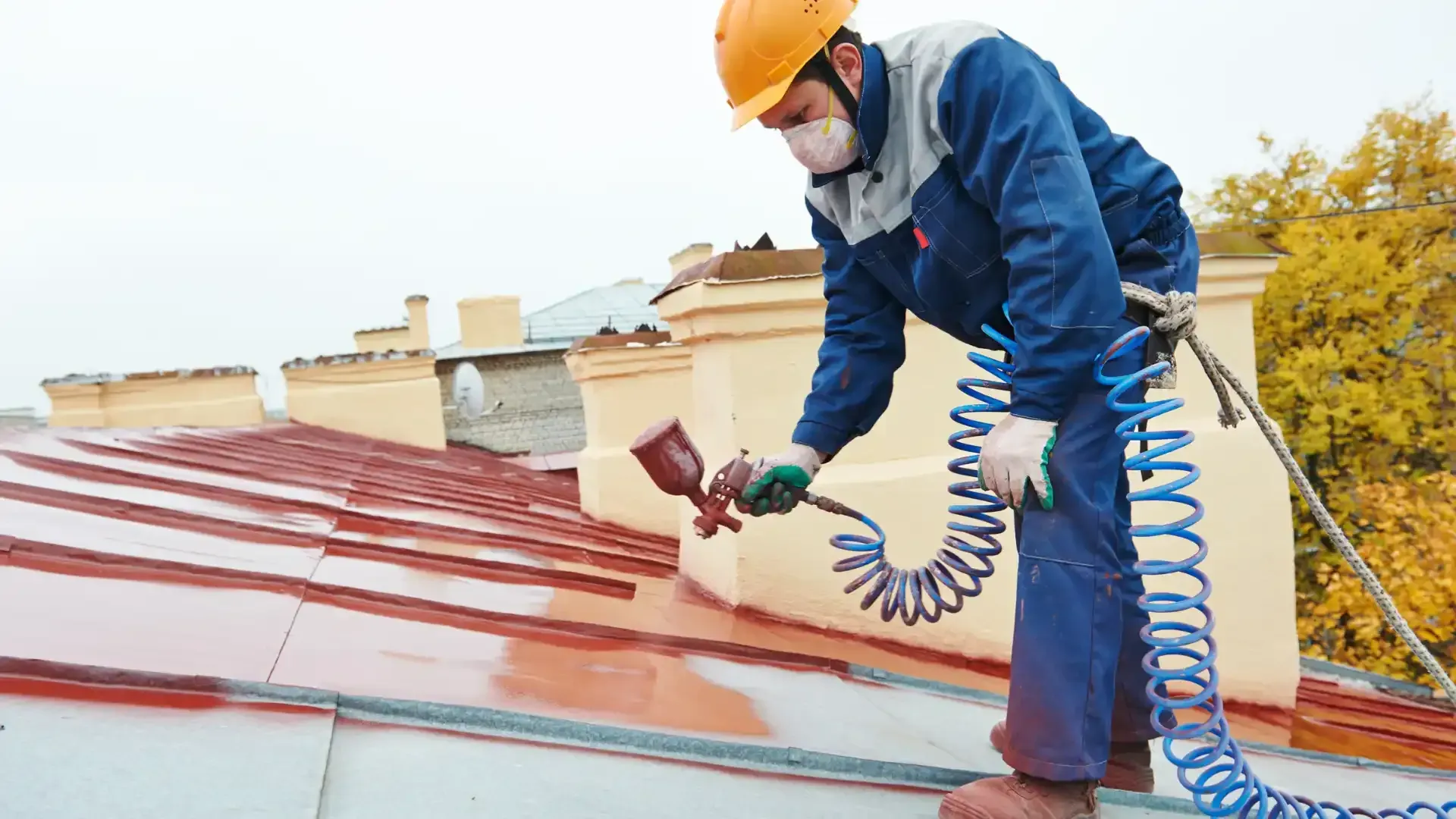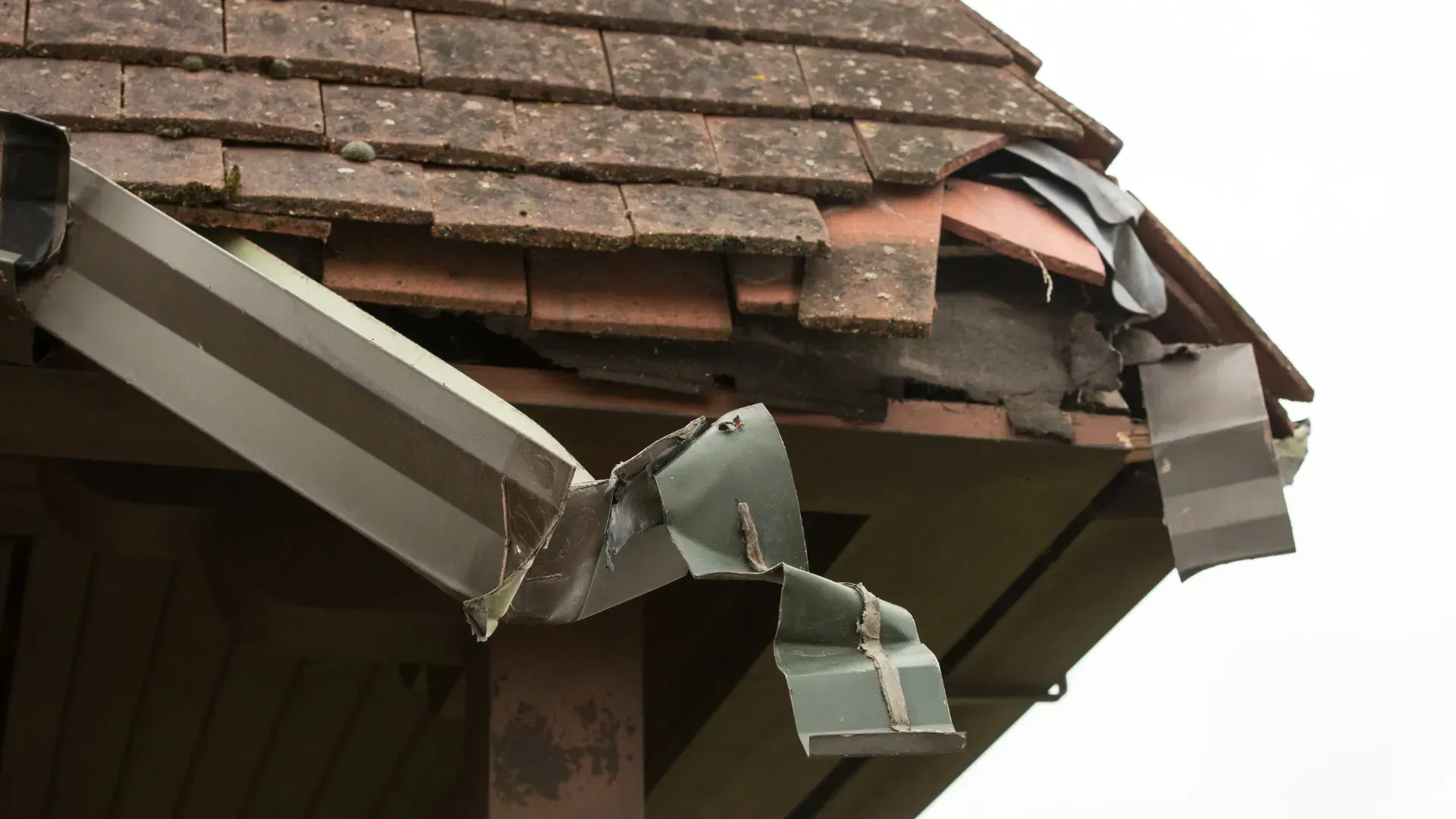Do I Need to Coat My Flat Roof in Arizona?
For any home or business with a flat or low-slope foam roof in Arizona, regular recoating is an essential part of routine maintenance. The intense, relentless Arizona sun is your roof's greatest enemy, and a protective coating is its primary shield.
Skipping this critical maintenance will inevitably lead to a compromised roof and costly interior damage.
Why Recoating is Non-Negotiable in Arizona
Flat and spray foam roofs are excellent for insulation but have a key vulnerability: their protective coating. This layer is constantly degraded by two powerful forces:
- UV Radiation: The sun's ultraviolet rays break down the chemical bonds in the coating, causing it to become brittle, fade, and lose its elasticity.
- Thermal Expansion: The drastic heat cycles—scorching days and cooler nights—cause the roof materials to constantly expand and contract. This stresses the coating, leading to cracks.
Without a fresh, intact coating, the underlying foam or roofing material is exposed to the elements. This leads to rapid deterioration, moisture absorption, and ultimately, leaks
The Recoating Timeline: When to Act
Foam and flat roofs require recoating every 5–10 years to maintain waterproofing and UV protection.
The exact timeframe within that window depends on:
- The Type of Coating: High-quality silicone coatings typically offer longer service life.
- Sun Exposure: Roofs with full, direct sun exposure may need more frequent recoating.
- Previous Maintenance: A well-maintained roof with a history of timely recoating will perform better.
The key is to be proactive. Don't wait for the coating to fail completely.
Signs Your Flat Roof Needs Recoating
Watch for these warning signs that your protective coating is failing:
- Visible Cracks or Splits: Any cracking is a clear sign the coating has become brittle and is failing.
- Bubbling or Blistering: This often indicates moisture has already been trapped underneath the coating.
- Fading or Chalking: A significant fade in color or a chalky residue on the surface means the coating is eroding from UV damage.
- The Roof is Over 5 Years Old: If you're unsure of the last time it was coated and it's been more than five years, an inspection is urgent.
The High Cost of Skipping Recoating
Neglecting this maintenance has direct consequences:
- Leaks Form Quickly: Once the coating is compromised, water will find its way in. Even a small leak can cause significant damage to ceilings, insulation, and interior structures.
- Total Roof Failure: Water intrusion in a foam roof can lead to saturated foam, which requires a complete and far more expensive tear-off and replacement instead of a simple recoat.
- Lost Energy Efficiency: A worn-out coating loses its reflective properties, causing your roof to absorb more heat and driving up your cooling costs.
The Recoating Process: A Smart Investment
Recoating is a cost-effective process that extends your roof's life for many years. It involves:
- Thorough Cleaning: Removing all dirt, debris, and any loose existing coating.
- Detailed Inspection: Checking for any underlying damage that needs repair.
- Application: Spraying a new, seamless layer of protective coating (like silicone or acrylic) across the entire roof surface, restoring a watertight, reflective barrier.
Protect Your Roof Before the Next Storm
A fresh coating is your best defense against monsoon rains and the relentless summer sun.
We offer
free, no-obligation inspections for flat roofs. We’ll assess the condition of your current coating and give you a straightforward recommendation to keep your property safe and dry.
Don't wait for a leak to appear inside. Schedule your free flat roof inspection and quote today.
Frequently Asked Questions
Q: How long does the recoating process take?
A: Most residential recoating projects are completed within 1-2 days, causing minimal disruption.
Q: Can I coat my roof myself?
A: Professional application is strongly recommended. Proper surface preparation and ensuring a consistent, seamless application are critical for a long-lasting result and to maintain warranty coverage.
Q: Will recoating help with my energy bills?
A:
Yes. A fresh, light-colored coating is highly reflective, deflecting solar energy and reducing the heat transferred into your building, which can lower cooling costs.
